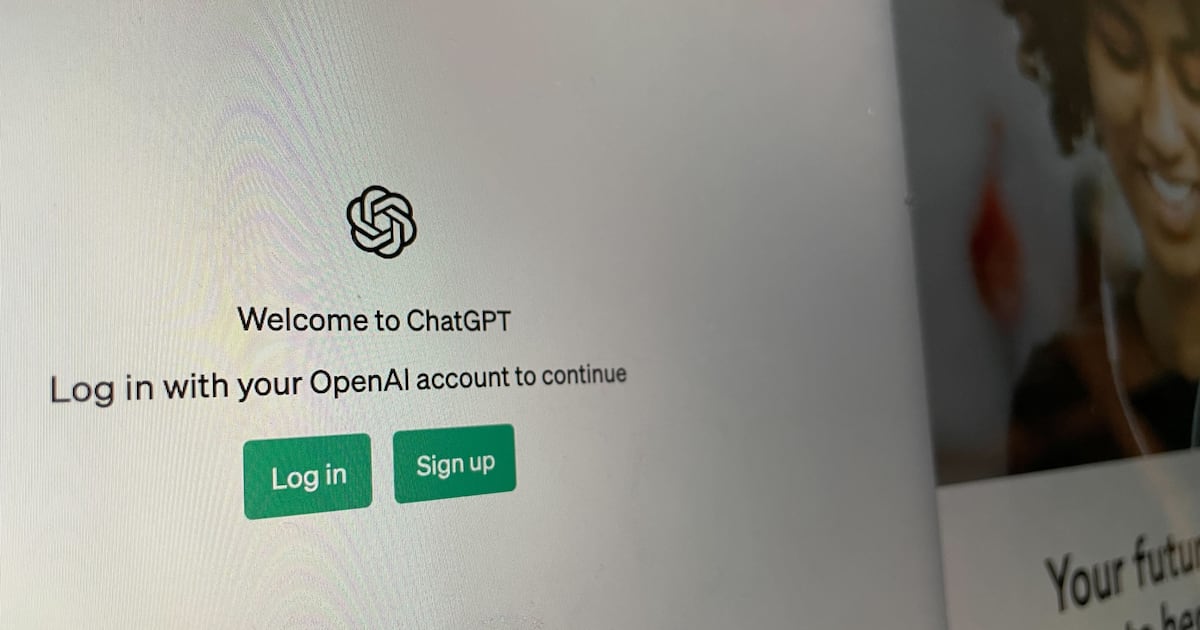Researchers at the USC Center for Generative AI and Society released a report on Wednesday, Sept. 17, about Generative AI (GenAI) and how its use in a classroom setting can be determined by the professor’s attitude towards artificial intelligence.
Researchers conducted three studies and found that college students who were in an environment where GenAI was encouraged for critical thinking were more likely to be engaged in their work.
The study was led by Stephen J. Agulier, an associate professor at the USC Rossier School of Education, and William Swartout, a chief science officer at the USC Viterbi School of Engineering’s Institute for Creative Technologies.
Some professors, like journalism professor Joe Saltzman, provide their classes with ways to use AI that wouldn’t just give students direct answers.
“AI can be very valuable as a tool for journalists, especially in data processing and all of the public records,” said Saltzman, “It can search through records much faster than you can as an individual, but once you get the information, you’re still responsible for the accuracy.”
The research included 1,505 in-service teachers from the United States, India, Qatar, Colombia and the Philippines. On a scale from one to five, the teachers’ confidence and awareness about AI were collected. The U.S. and India had the highest confidence in AI at 3.6 and 3.5, respectively, while Colombia had the lowest at 2.6.
Saltzman still cautioned students about the way they use AI, making sure they know they can “use it– but be responsible for and with it.”
Students were categorized within the study as being people who are “instrumental” help-seeking, or “executive” help-seeking. “Instrumental” defines students who try to find the answers to their problems organically or on their own, while “executive” is for students who look for quick and easy answers instead.
“I think people should have their own creativity, instead of letting the artificial intelligence help them generate their ideas,” said Perry Lee, a freshman international relations and global business student.
Some students, however, think that there should be more leniency on the use of AI in the classroom.
Freshman Javier De La Torre, an aerospace engineering major, said that AI can be a powerful learning tool.
“It can literally draw from the entire internet, like all of human knowledge, basically, to come up with answers for problems and to solve things that are otherwise tedious and difficult for people,” De La Torre said. “We can’t use it to come up with our writing, do our work for us, but we can use it as a tool to…make sure we’re not making stupid errors.”
The study names a few potential risks of overusing AI, like blindly trusting the tool, reduced motivation, and exposure to misinformation.
